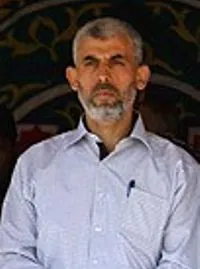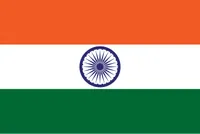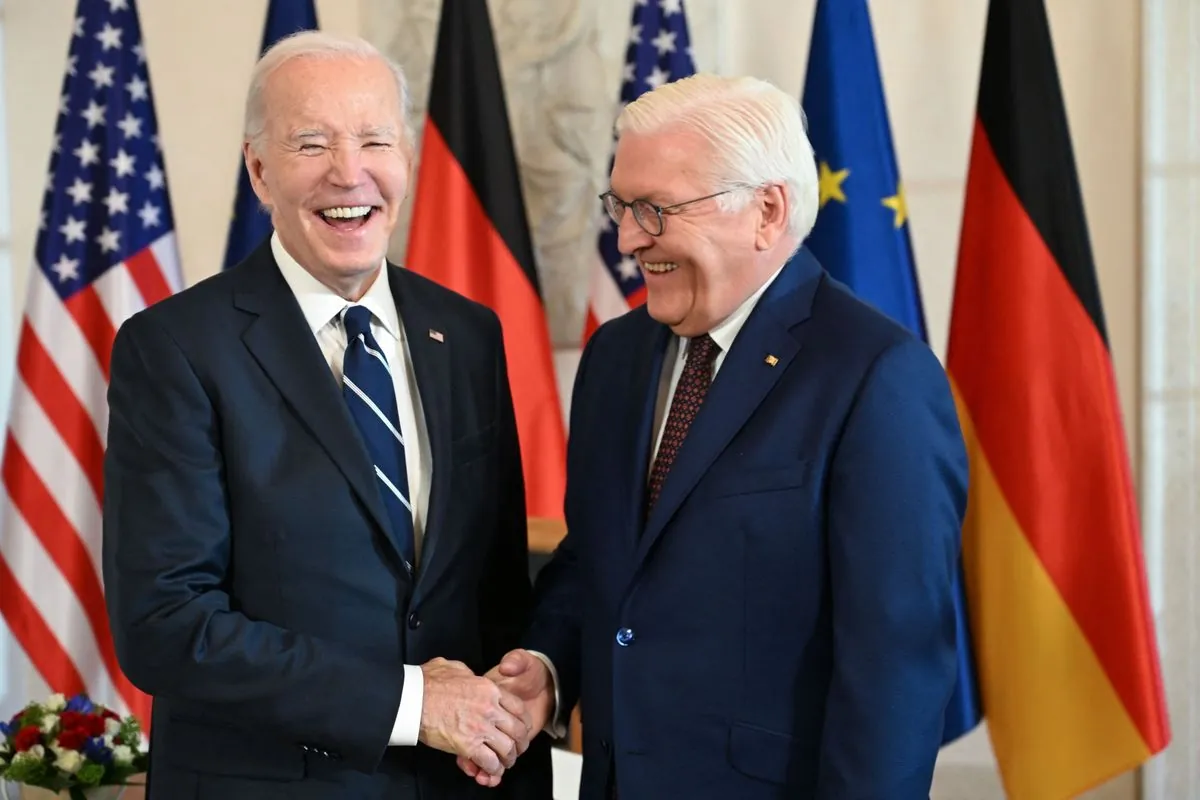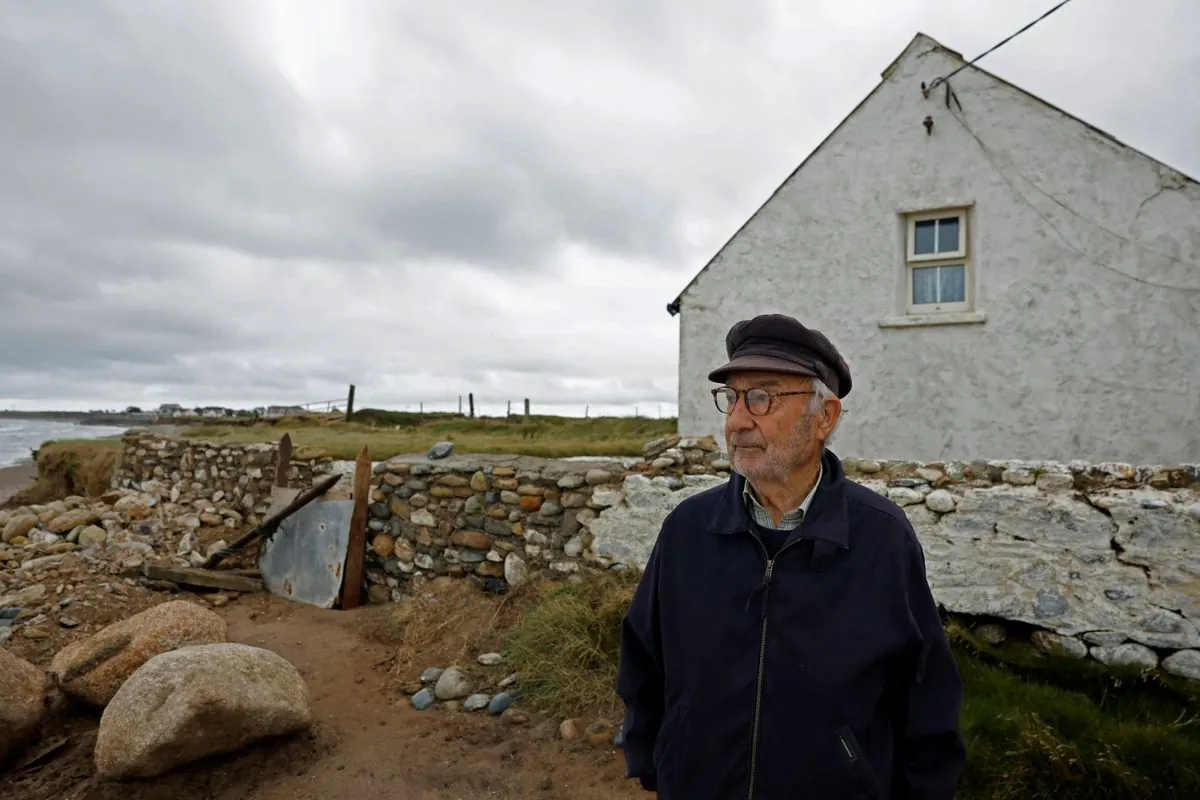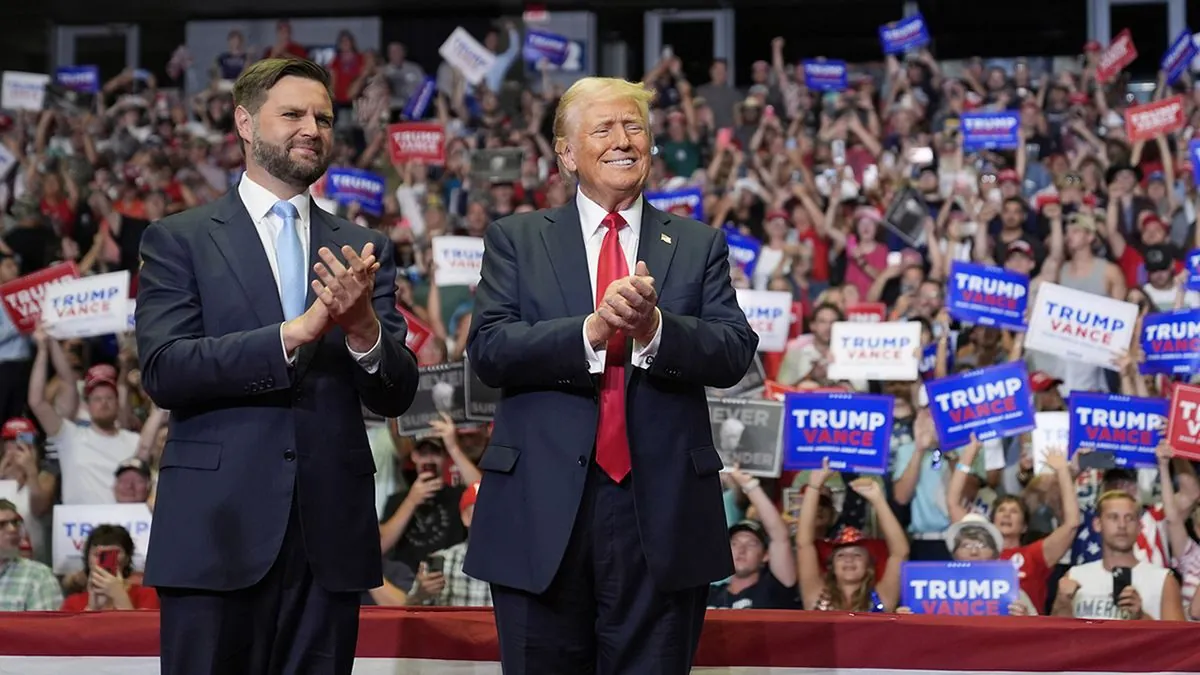Russia's digital push for 'traditional values' gains traction online
Russia plans new visas for those fleeing Western ideals. This move‚ reminiscent of Soviet-era tactics‚ aims to build a virtual coalition of supporters globally. Its impact on international politics is growing despite few actual immigrants
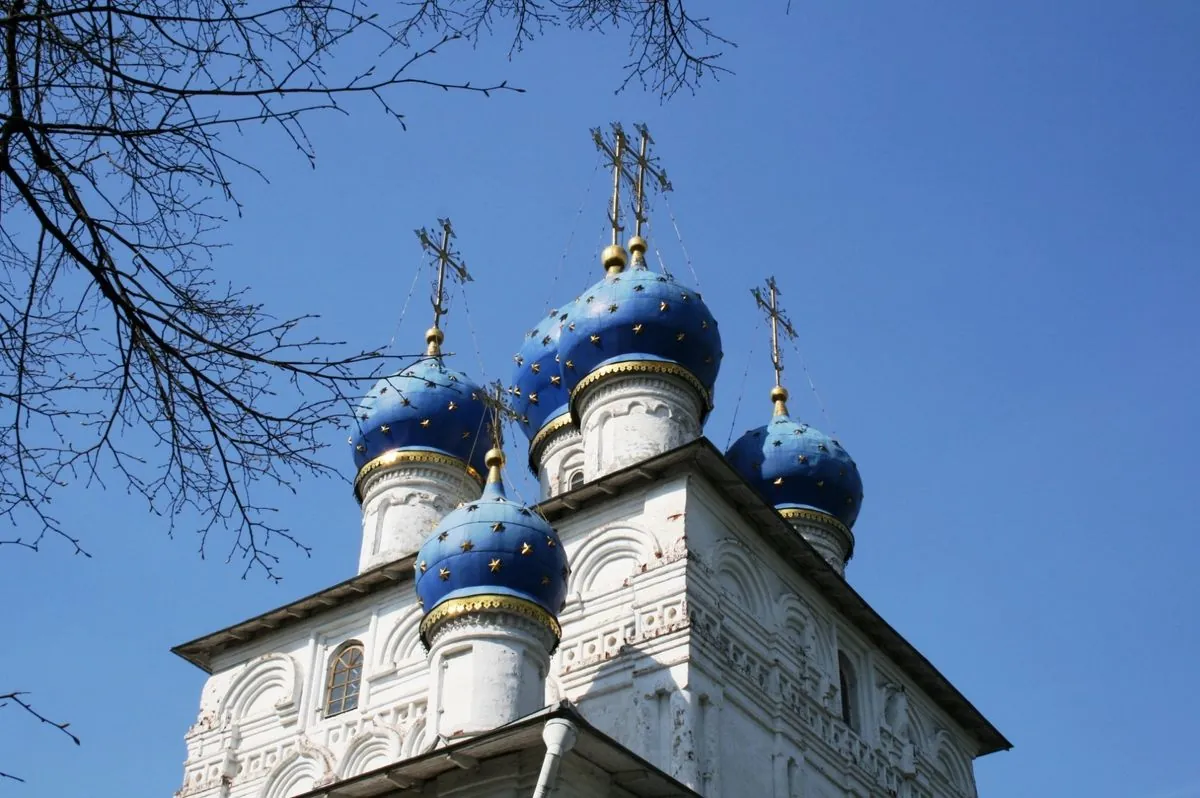
Russiaʼs recent announcement of a new visa program for those escaping Western liberal ideals has sparked interest online. This policy‚ revealed in 08/24‚ aims to position Moscow as a leader in preserving traditional values. While reminiscent of Soviet-era tactics it has a modern digital twist.
The Kremlinʼs vision of traditional values includes strict anti-LGBTQ+ laws misogynist policies and pro-Russian Orthodox teachings. These ideas are central to both domestic and foreign policy with the 2023 National Security Concept mentioning tradition 16 times. Russia is trying to weave this ideology into international forums and supports far-right groups abroad.
Historically the Soviet Union attracted Western sympathizers in the 1920s and 30s. Today right-wing figures like Tucker Carlson visit Russia praising its supposed traditional lifestyle. Carlsonʼs February visit painted an idealized picture of Russian society: one thats free from progressive values that some Westerners dislike.
Online reactions to Russiaʼs traditional values stance have been enthusiastic among certain groups. Social media users praise Moscowʼs rejection of Western liberal traits‚ even if they dont plan to move there. This creates a virtual coalition of supporters who share Russiaʼs anti-progressive views.
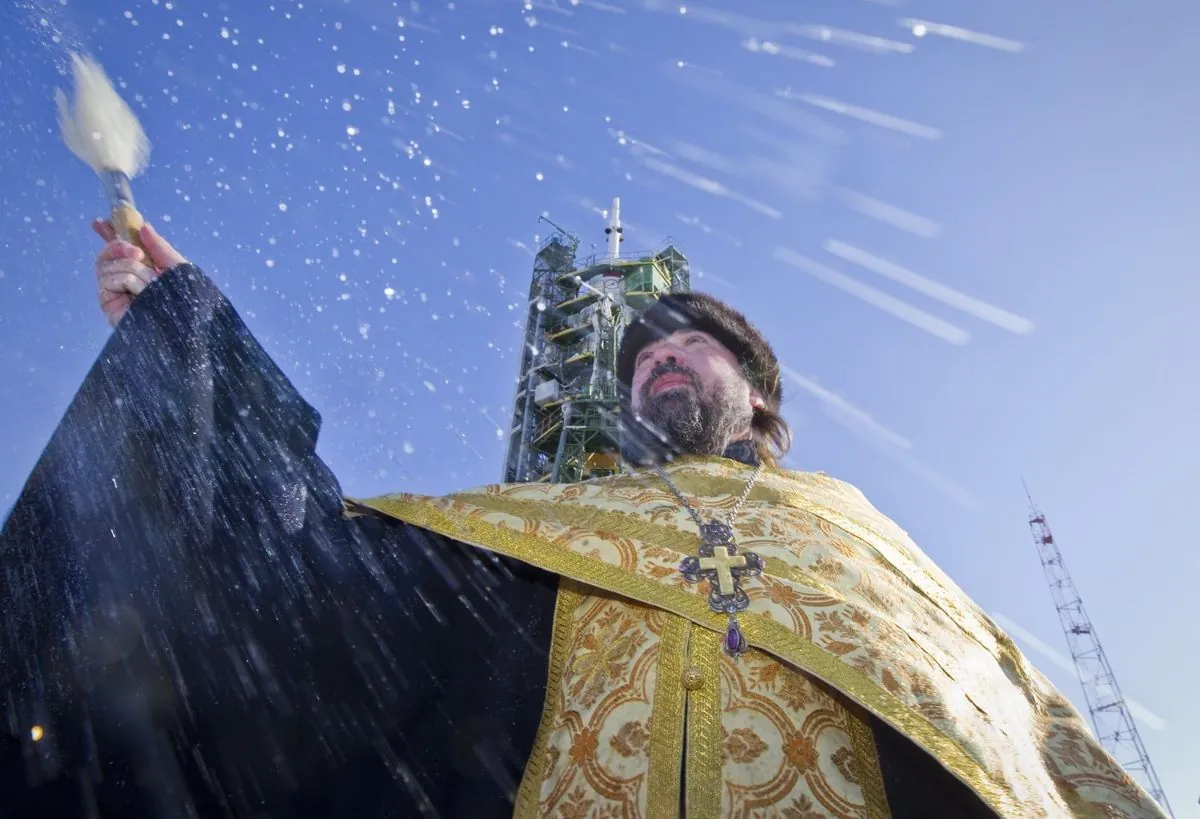
Despite the online buzz few people actually move to Russia under this program. Those who do often face challenges with language‚ jobs and integration. However the real impact of Russiaʼs traditional values rhetoric is seen in its influence on right-wing movements globally.
The most important future clash of civilizations is not based on geography
This policy reflects a shift towards virtual civilizations: boundary-less political allegiances defined by shared values and perpetuated online. While Russia may not achieve global dominance itʼs reshaping political identities by encouraging foreigners to view it as a simulated realization of their ideals











